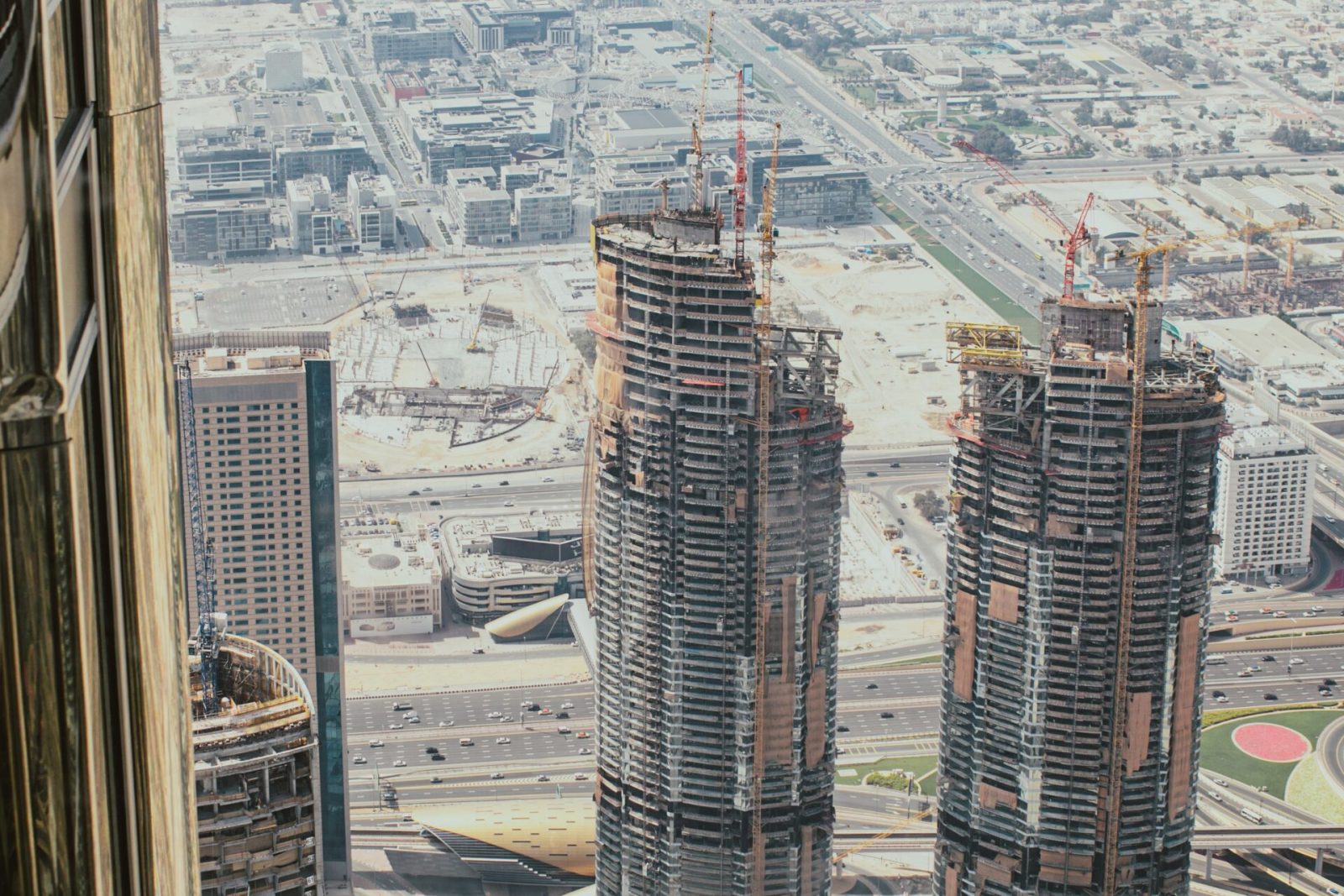
Dubai’s real estate market has been booming in recent years, making it an attractive investment opportunity for both local and international investors. With its strategic location, favourable business environment, and high-quality infrastructure, Dubai has emerged as a global hub for commerce and tourism. In this article, we will explore the key factors driving Dubai’s real estate market growth and what you need to know before investing in this vibrant market.
Photo Credit : Kate Trysh
Dubai’s Economic Landscape
Dubai is one of the fastest-growing economies in the world, with a Gross Domestic Product (GDP) of approximately $105 billion. The city’s economic growth has been driven by several factors, including its strategic location between Europe, Asia, and Africa, a favourable business environment, and government policies that support business growth.
The UAE has also implemented several initiatives to attract foreign investors, including tax-free zones, freehold property ownership for expats, and investor-friendly laws. Additionally, Dubai is home to several world-class business and leisure facilities, including Dubai International Airport, Dubai World Trade Centre, Dubai Marina, and Dubai Mall.
Factors Driving Real Estate Market Growth in Dubai
Dubai’s real estate market has been on an upward trajectory in recent years, with rising demand for residential and commercial properties. Several factors are driving this growth, including:
- Tourism: Dubai is one of the most popular tourist destinations globally, with millions of visitors every year. The high demand for accommodation has led to a rise in hotel and serviced apartment investments.
- Population Growth: The UAE is a popular destination for expats, with a growing population. This has led to a rise in demand for housing, creating opportunities for real estate investors.
- Infrastructure Development: Dubai is continually investing in its infrastructure, including transportation networks, public amenities, and urban development. This has led to an increase in demand for real estate, especially in areas with high connectivity.
- Taxation: Dubai’s tax-free environment is a significant advantage for real estate investors, especially compared to other major global cities where property taxes are high.
- Political Stability: The UAE is a politically stable country, which has attracted many investors seeking a secure environment for their investments.
Download our Free Guide to Dubai Real Estate Investment. It’s all you need to know about the Real Estate market in Dubai
What You Need to Know Before Investing
Before investing in Dubai’s real estate market, there are a few key factors to consider, including:
- Property Type: Dubai offers a wide range of property types, including apartments, villas, townhouses, and commercial properties. It’s essential to choose a property type that fits your investment goals and budget.
- Location: Dubai’s real estate market is diverse, with different areas experiencing different levels of growth. Research the areas that are in high demand, such as Dubai Marina, Downtown Dubai, and Palm Jumeirah.
- Regulations: Dubai has strict regulations for real estate investment, including the need for a valid visa and residence permit. It’s crucial to ensure you have all the necessary documentation before investing.
- Developer Reputation: Dubai’s real estate market is highly competitive, with many developers vying for investor attention. Before investing, research the developer’s reputation and track record.
- Return on Investment: Consider the potential return on investment (ROI) before making a purchase. While Dubai’s real estate market has historically provided good returns, it’s essential to do your research and understand the market dynamics.
In conclusion, Dubai’s real estate market offers investors an opportunity to participate in a booming economy with a stable political environment and a favourable business climate. With the right research and due diligence, investing in Dubai’s real estate market can provide attractive returns for long-term investors.





